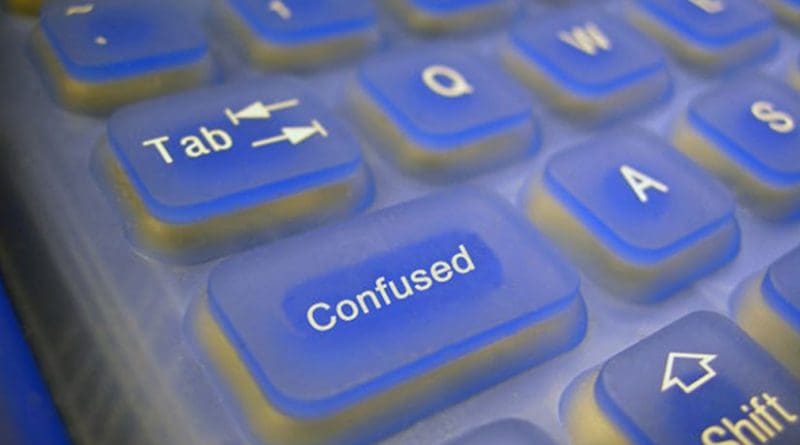Social Media Time Usage Should Be Limited Either By Parents Or Government – OpEd
As long as this country is on a national security and emergency kick regulating the enormously damaging and debilitating use of illegal (and legal) opioids by the American masses, so too should this country have a “come to Jesus” moment about the incredibly harmful, addictive, socially disruptive, and mentally/ emotionally/ psychologically destructive addiction that the American people (especially by its youth, and the Millennial generation ages 20-35) have with social media use and proliferation.
There is no longer any question that excessive addiction to, and use of, the countless social media applications (most popular are FaceBook, SnapChat, InstaGram, and yes, even Twitter) are stealing tens of billions of hours from productive activity such as work, exercise, study, time with friends and family, as well as other healthy social behavior patterns tending to make a human being a balanced, healthy individual.
Additionally, the incredibly harmful effect on the youth and young people in society are also being attacked by excessive social media usage and addiction when people are forced to portray themselves as equally, if not more, wealthy, glamorous, exciting, and interesting than the tens of millions of people in their social media circles, and this also leads to easily diagnosable and clinically-proven feelings of insecurity, anxiety, low self esteem, low self worth, clinical depression, obesity, and desperation to achieve false, if not impossible, standards that do not really exist, and other psycho and socio-somatic mental illnesses.
Indeed, dishonest and evil social media professionals, application sites, and companies have been exposed and outed using different psychological techniques and mechanisms, much like the cigarette, alcohol, or drug industry, to lure and trap young people and others into dangerously addictive behaviors thereon, as was articulated in “Your Addiction to Social Media Is No Accident” by Julian Morgans.
Countless scientific studies have definitively proven and linked excessive social media use to failed or broken relationships with friends/ family, failures in school or work performance, mental/ physical/ emotional breakdowns necessitating prescription (or illegal) drug/ narcotics/ opioid use and addiction, prostitution and dangerous sexual promiscuity, obesity, cheating and philandering in relationships, breakdowns in the family unit, loss of privacy and identity theft, robberies and violent crime, corporate and government espionage and unlawful surveillance, and even acts of suicide due to cyber-bullying and online intimidation/ defamation/ slander/ libel.
See for example Fox, J., & Rooney, M. C. (2015), “The Dark Triad And Trait Self-Objectification As Predictors Of Men’s Use And Self-presentation Behaviors On Social Networking Sites,” Personality & Individual Differences, 76, 161-165, or Mehdizadeh, S. (2010), “Self-Presentation 2.0: Narcissism And Self-Esteem On Facebook,” Cyberpsychology, Behavior, and Social Networking, 357-364.
In short, although the use of, exploration, and connecting online through social media is a reality in the modern day American (and global) society, there can no longer be any doubt that excessive social media addiction is costing the United States trillions of dollars per year in unnecessary costs pertaining to healthcare, maintenance of children and salvage of the family unit, lawsuits, crime prevention and investigation, identity theft and loss of privacy, drug addiction, school and workplace lack of productivity, and other massive losses.
To that end, parents need to exercise more limitations on their dependent childrens’ use of social media thereof, or the U.S. Government needs to establish reasonable limitations thereto, possibly based on taxation or cost issues when they exceed a certain congressionally determined amount of total time spent – this would require holding lengthy and thorough congressional and senate investigative hearings thereon, attended and participated in by social media experts, psychologists, healthcare professionals, law enforcement, employers, family law professionals, educational facilities, and others who could shed light and useful empirical data and information on the fiscal, as well as social, damages caused by the excessive use of, and addiction to, the phenomenon of social media.
Although the First Amendment to the United States Constitution theoretically allows unfettered use of social media and expression within the purview of freedom of speech, privacy, and other social communication mechanisms, the U.S. Government also has the power (and responsibility) to regulate or investigate, if any exercise of this freedom impinges on, or drastically affects, National Security, the Economy, Safety, or the Health of the citizenry.
It is now time to at least look into this, before it gets even worse.

